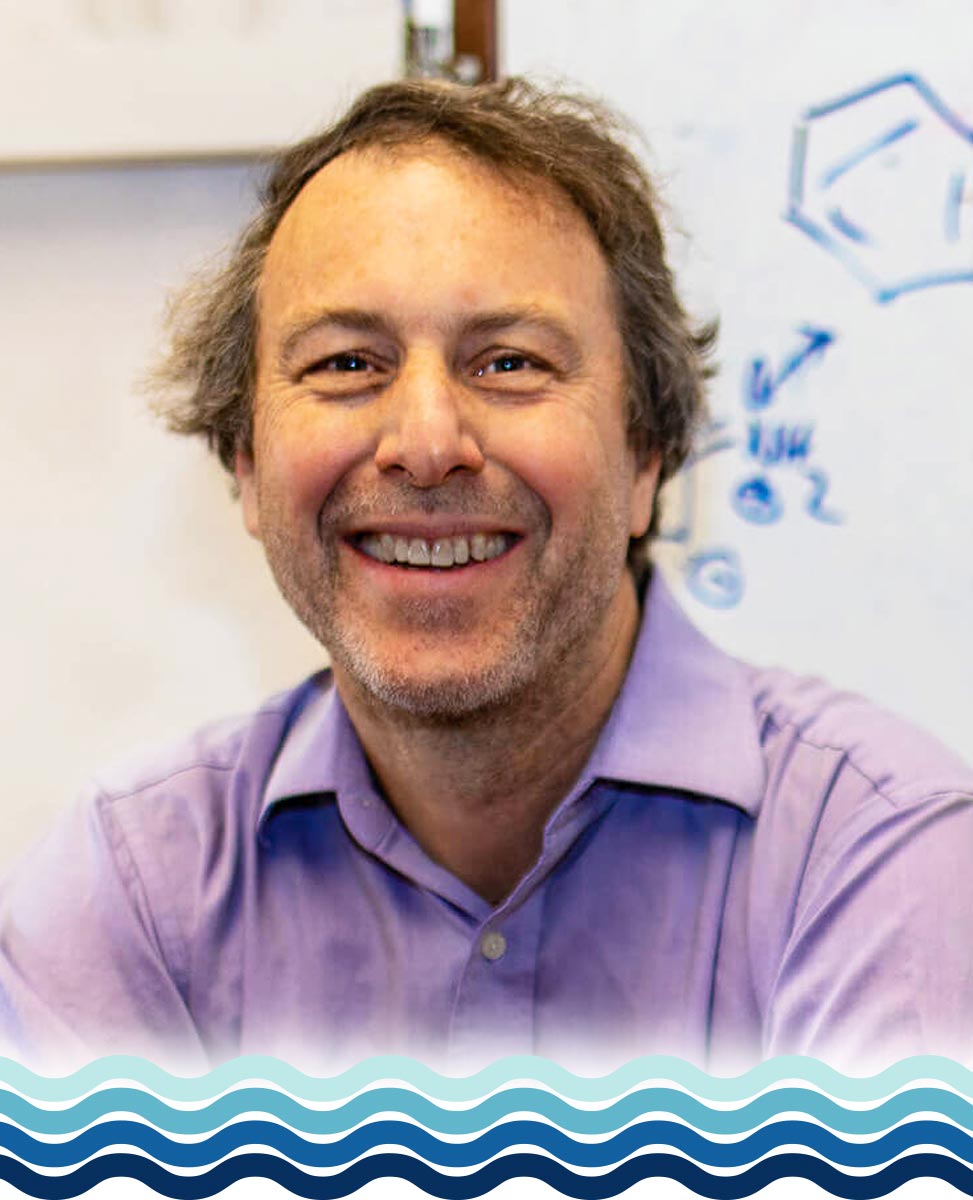Mark Lipton
Associate Professor
Purdue University
Talk Information
Exploration of Selectivity and Methods for Targeting Disease
18 June 2025, 04:45pm - 05:00pm, in the Pacific Jewel Ballroom
L49 – Eradicating HIV-1 Latency Through the Development of Dual Inhibitors of HIV-1 Protease and Histone Deacetylase 3

Dr. Mark Lipton is an Associate Professor of Organic Chemistry and Chemical Biology at Purdue University. His research integrates organic synthesis, bioorganic chemistry, and molecular modeling to develop novel synthetic methodologies and biologically active molecules.
Academic Background
Dr. Lipton earned his B.S. in Chemistry from Harvey Mudd College in 1981. He pursued graduate studies at Columbia University, obtaining his M.A. in 1984, M.Phil. in 1986, and Ph.D. in 1988. Following his doctoral work, he completed a postdoctoral fellowship at the University of California, Berkeley, in 1990.
Research Focus
Professor Lipton's research focuses on two main areas: the development of novel synthetic methodologies, including asymmetric catalysis and solid-phase synthesis, and the design and synthesis of biologically active molecules. His work aims to create inhibitors for enzymes such as cyclophilin A and HIV-1 protease, as well as DNA-cleaving agents for potential cancer treatments.
Notable Contributions
Dr. Lipton has developed new reagents for the guanylation of amines and novel cyclic dipeptide catalysts for asymmetric Strecker amino acid synthesis. His research has led to advancements in the synthesis of peptidomimetics and macrocyclic lactams on solid supports, contributing to the field of medicinal chemistry.
Awards and Honors
In recognition of his excellence in teaching, Professor Lipton received the 2018 Outstanding Undergraduate Teaching Award in Memory of Charles B. Murphy, Purdue University's highest undergraduate teaching honor. This award acknowledges his innovative approach to teaching organic chemistry and his commitment to student success.
Professional Engagements
Beyond his research and teaching, Dr. Lipton is actively involved in mentoring students and developing educational resources. He has created a curated online textbook through LibreText to enhance student learning in organic chemistry. His dedication to education and research continues to impact the scientific community at Purdue University and beyond.
Through his innovative research and commitment to education, Professor Mark Lipton continues to make significant contributions to the fields of organic chemistry and chemical biology.
Strategies to Eradicate HIV: Developing Dual Agents that Simultaneously Activate HIV Latency and Prevent New Infection
Department of Chemistry, Purdue University, West Lafayette, Indiana, USA; Department of Microbiology and Immunology, Indiana University School of Medicine, Indianapolis, Indiana, USA
The eradication of human immunodeficiency virus type 1 (HIV-1) from infected individuals remains a major medical challenge. Combined antiretroviral therapy (cART) leads to a decline in HIV-1 to imperceptible levels. However, discontinuing this treatment causes rapid viral rebound, arising from reservoirs of replication-competent proviruses in long-lived latently infected cells. These latent reservoirs represent a major obstacle for eradicating HIV-1.
Efforts to purge latently HIV-infected cells have used latency-reversing agents, such as histone deacetylase (HDAC) inhibitors, to force activation of proviruses in latently infected cells. Upon activation of latent HIV-1, the infected cells are then killed by the host immune response. However, this strategy must also be used in concert with a separate treatment of cART, such as HIV-1 protease (PR) inhibitors, to prevent new rounds of infections by virions released from the stimulated cells. If HDAC and HIV PR inhibitor drugs are unable to simultaneously reach the same HIV-reservoir cells, new rounds of infections by virions released from the activated cells would unfortunately occur.
There is a substantial need, therefore, to develop agents that are dual inhibitors of HDAC3 and HIV-1 PR to eradicate HIV-1, by simultaneously activating HIV-1 latency within cells and preventing new infection. Through an extensive program consisting of molecular design, compound synthesis, enzymatic evaluation, and cell culture assays, we will describe the first peptidomimetic dual inhibitors of both the HDAC3 and HIV-1 PR enzymes, with low micromolar potency. Significantly, these agents also activate HIV-1 in latently infected human cells.

